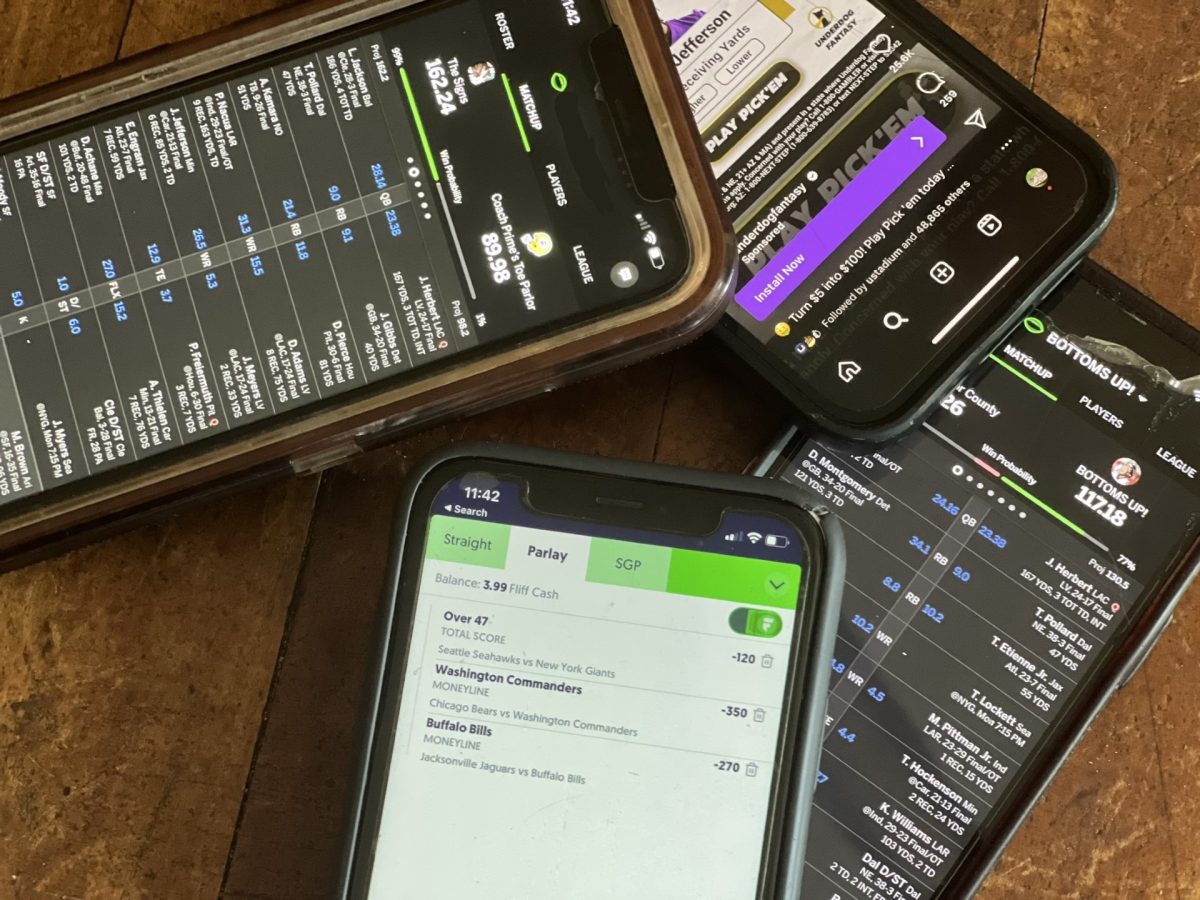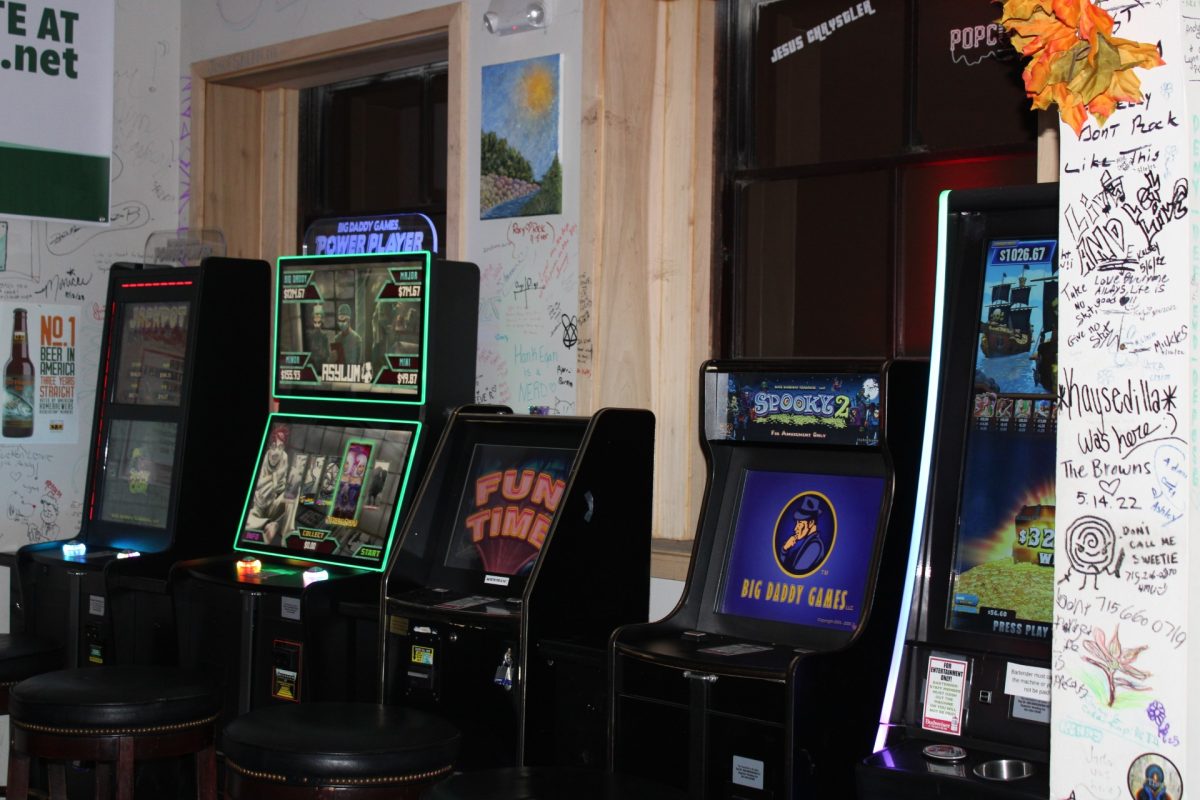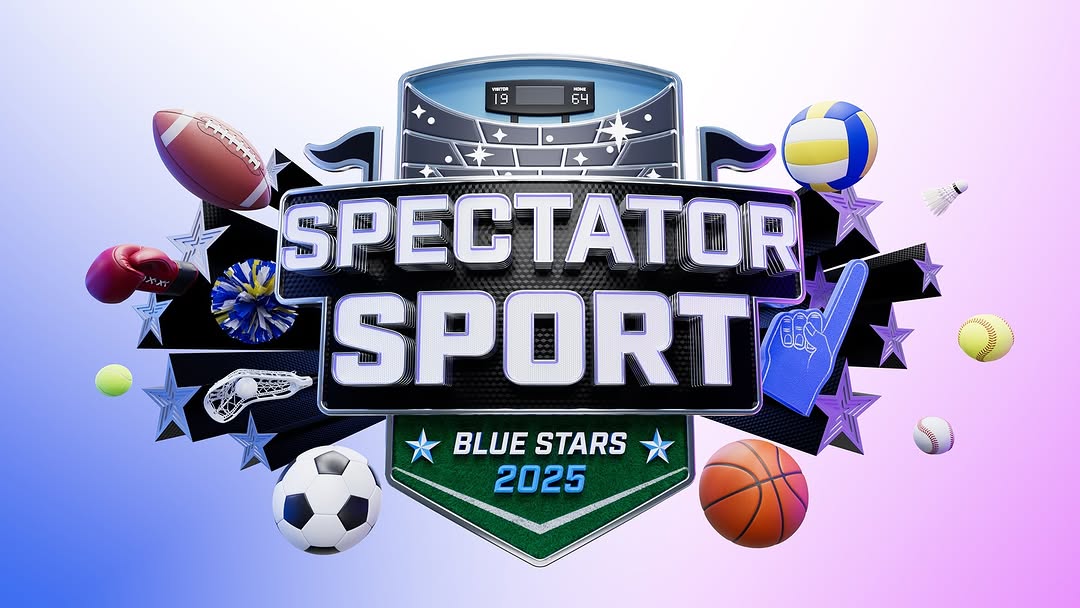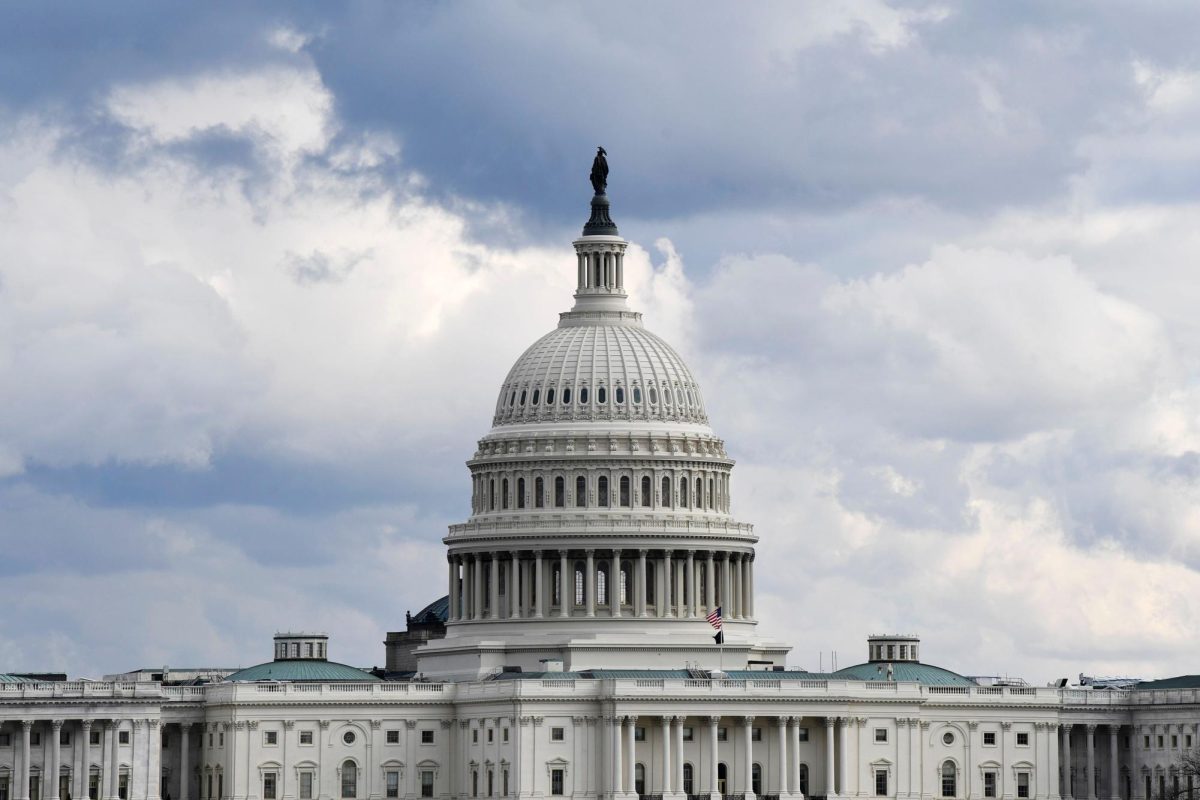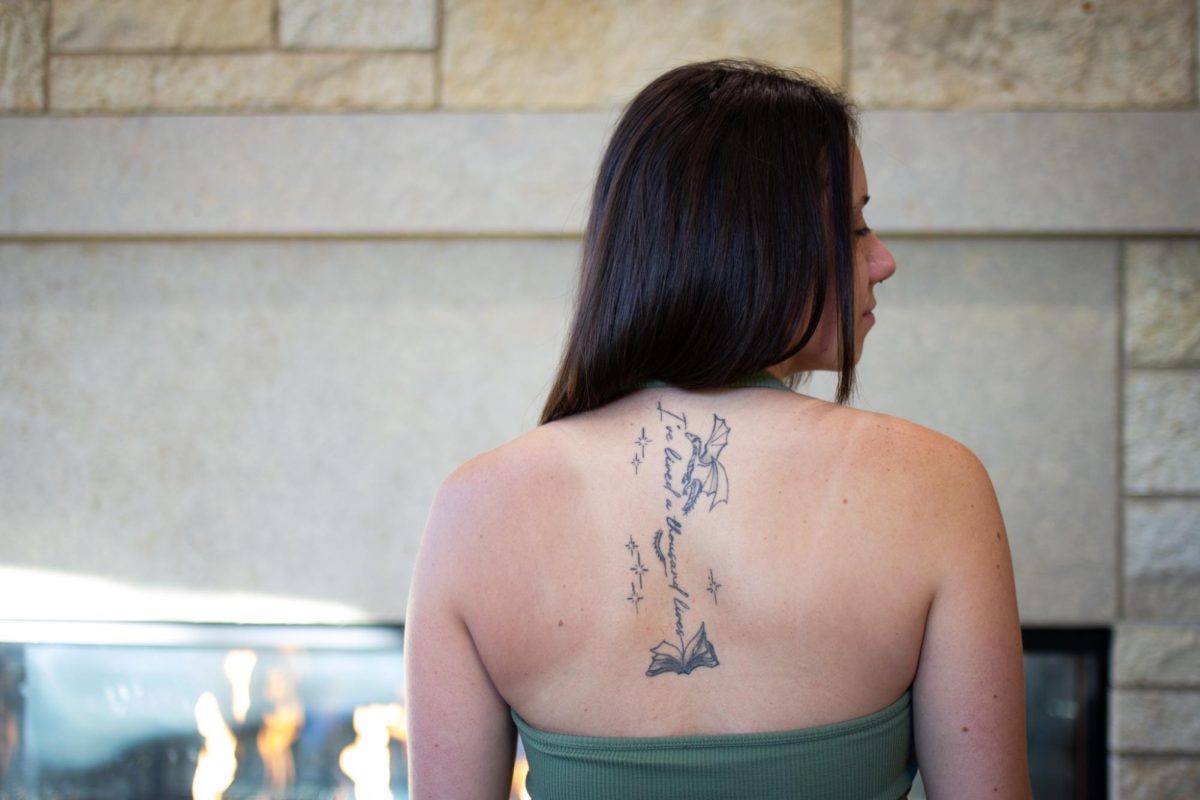On May 14, 2018, the United States Supreme Court in a ruling known as Murphy v. NCAA, granted individual states to to regulate sports betting independently. At this point in time, 35 states including the District of Columbia have legalized gambling. Wisconsin is among these states. However, according to Wisconsin Statue 945.01 gambling is only legal on Oneida Nation’s gaming locations. All betting on in-state collegiate and amateur games and events including player prop bets is prohibited.
In accordance with Wisconsin Statute 945.01, the law establishes that gambling is permitted only within the boundaries of Oneida Nation’s gaming locations. These territories host casinos, offering an avenue for gambling enthusiasts. For those seeking to wager on in-state collegiate and amateur games or indulge in player prop bets, the legal avenues are blocked.
However, UWL students and their peers have discovered alternate methods to engage in online sports betting. For instance, Adam Scheu, a third-year UWL student said, “Over half of my friends sport bet through services such as PrizePicks”
Scheu explained, “PrizePicks is different from traditional sports betting because instead of betting on team performance you are betting on individual player performances. You are essentially making prop bets and you can bet on any competitive sport, including collegiate sports, football and even tennis.”
There is no specific law permitting daily fantasy services such as PrizePicks to operate in Wisconsin, but there is also no law prohibiting them from doing so.
One common method for bypassing the state’s restrictions involves the use of Virtual Private Networks (VPNs), which allow online users to obscure their geographical location. By employing a VPN, UWL students and others can virtually transport themselves to states where sports betting is legal.
The debate surrounding sports betting has existed for decades. Its roots can be traced back to the infamous Chicago White Sox scandal of 1919. In this scandal, eight players were found guilty of intentionally losing the World Series in exchange for payments from bookies. Since then, numerous athletes have faced severe consequences for betting on their own sports, including the all-time hits leader, Pete Rose, who remains banned from the National Baseball Hall of Fame.
The National Football League (NFL) has had recent issues with players betting, despite its explicit prohibition of player betting. In 2021, star wide receiver Calvin Ridley received a season-long suspension for placing bets on NBA and NFL games, including those involving his own team at the time, the Atlanta Falcons.
Despite limitations against sports betting, it continues to persist. The potential repercussions often aren’t enough to entirely prevent it from happening. There are many reasons as to why people enjoy it.
“People sports bet for a variety of reasons from what I’ve seen, one of the biggest being the potential return on your investment,” said a UWL student. “It’s appealing to feel that your own knowledge and beliefs could earn yourself a big payout.”
The student also highlighted the many social aspects of sports betting. “It’s fun to talk trash to friends and family who might have competing choices. There’s excitement that comes from watching your teams and players work toward or against the bets you’ve placed.”
The thrill of sports betting isn’t present without the risk. Given the diverse financial situations of college students, many bettors attempt to limit what they invest. “I know a number of people who continue to sports bet even after saying they’re going to stop. I could see why some people run into problems over time,” said the student.
Platforms for sports betting are also very aware of the risk present in the activity, as many services are required to adhere to a code from the American Gaming Association. This code states that services must:
- Respect the legal age for sports gambling
- Limit college and university advertising
- Promote responsible gambling
In accordance with this code, platforms are required to display messages supporting responsible gambling and provide a toll-free helpline number where applicable.
If you or anyone you know is dealing with a gambling problem, assistance is readily available through the toll-free helpline number, 1-800-GAMBLER, for guidance and support.

